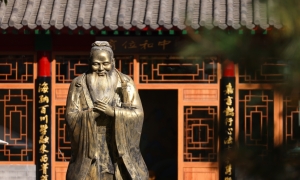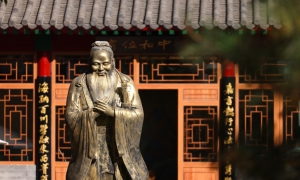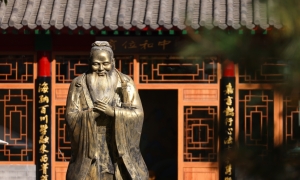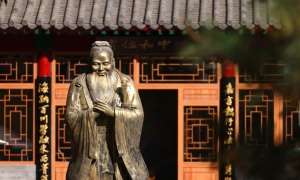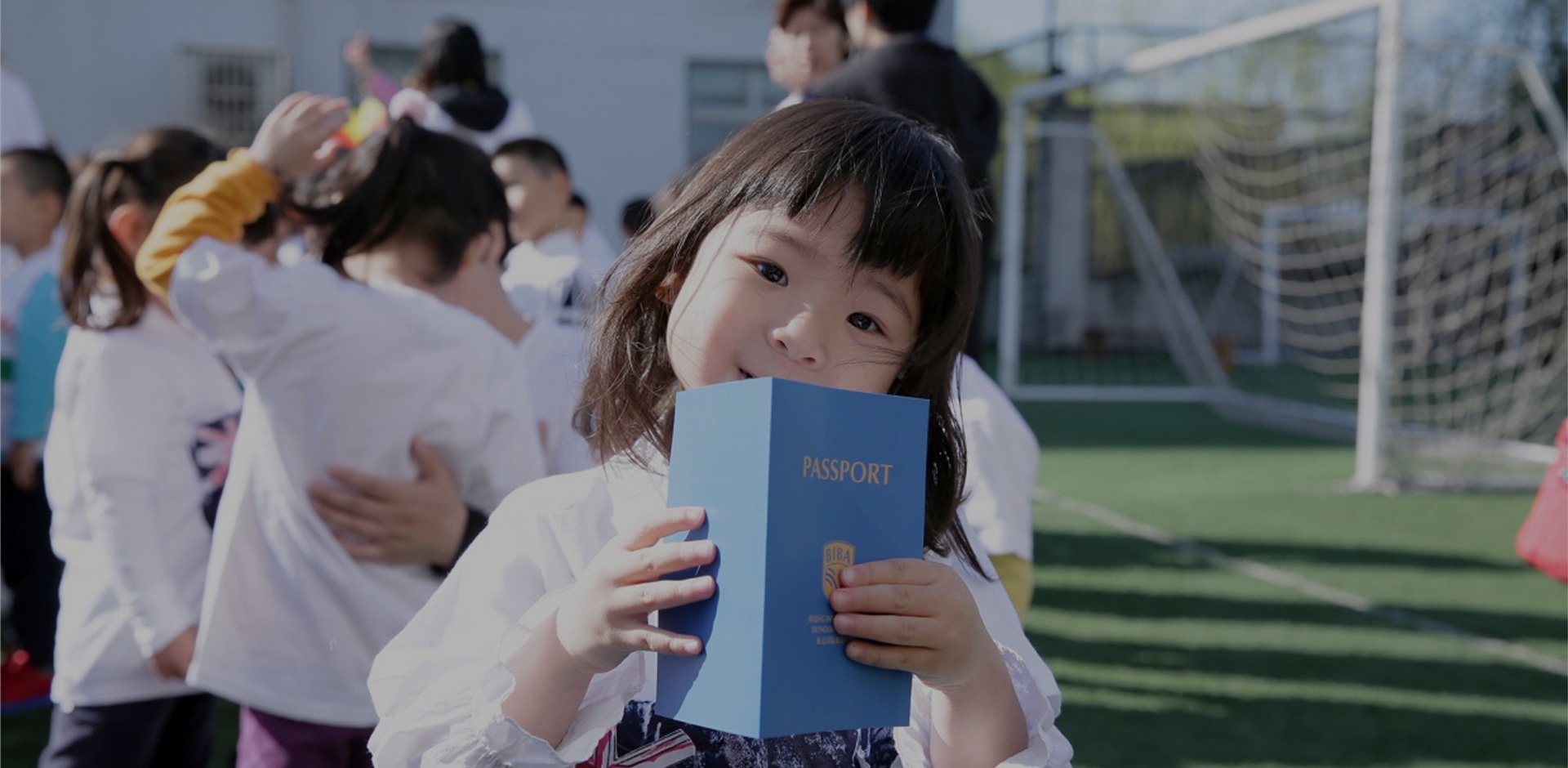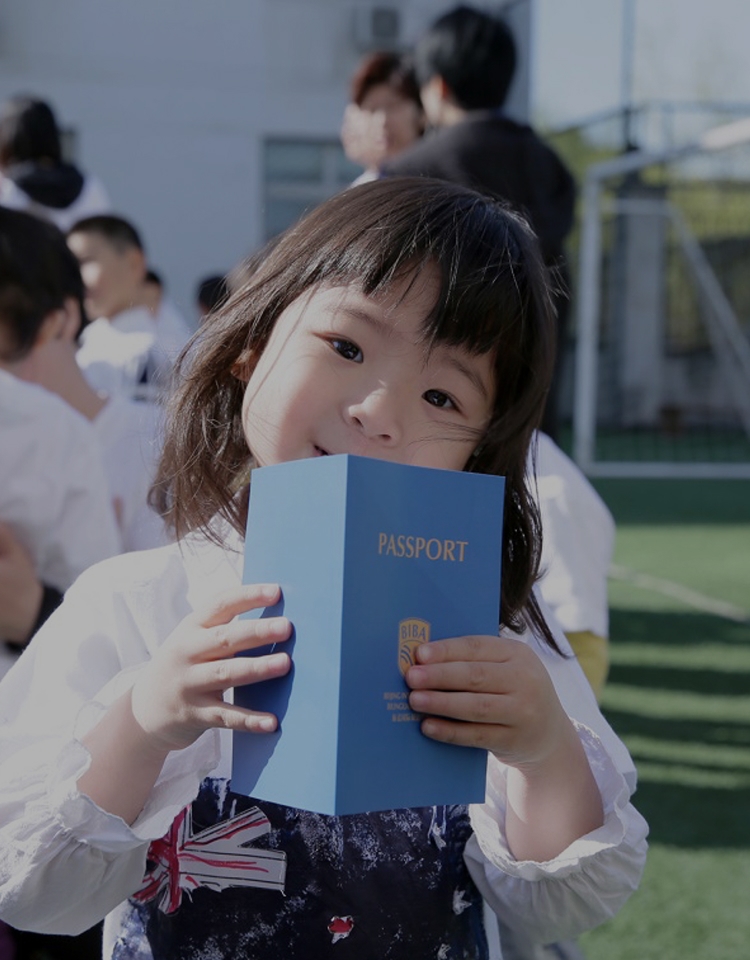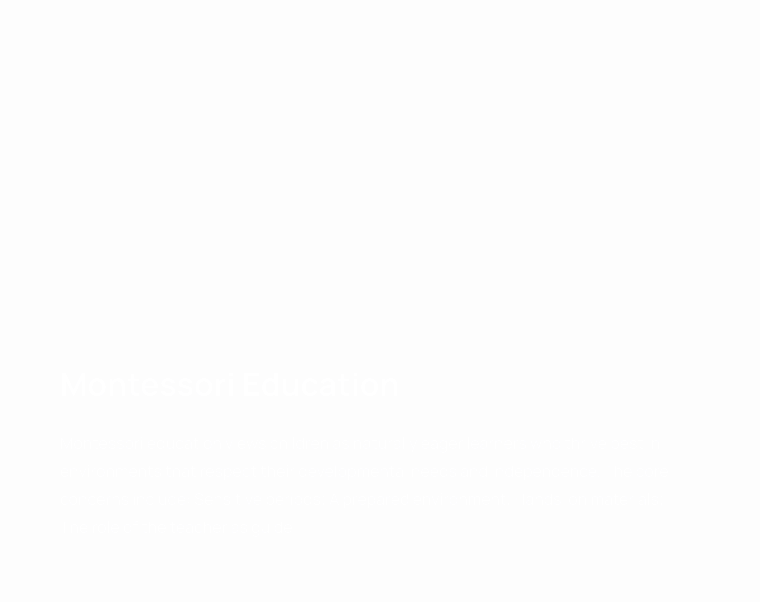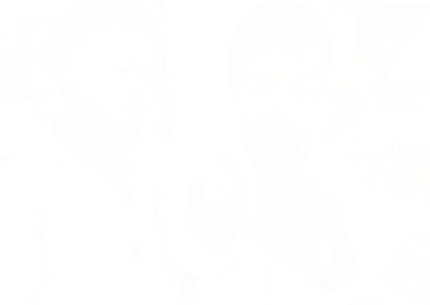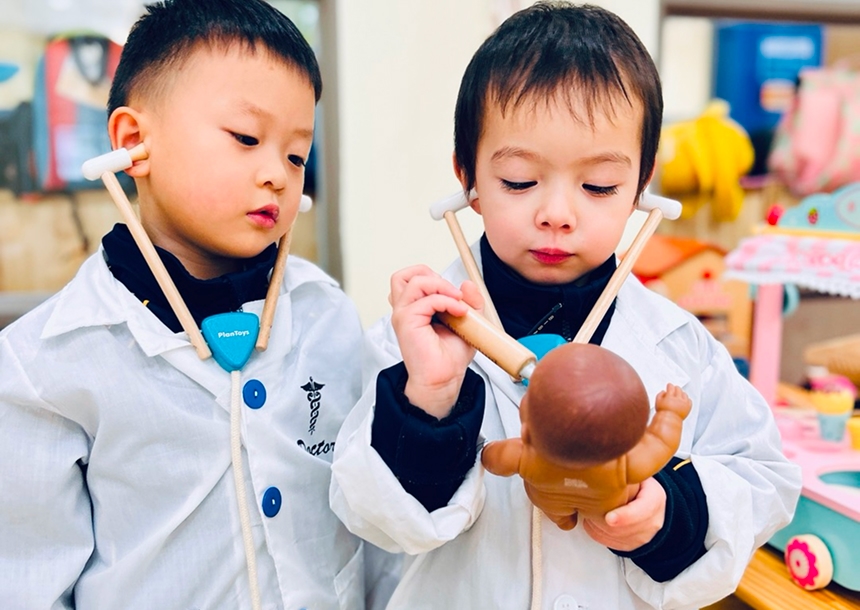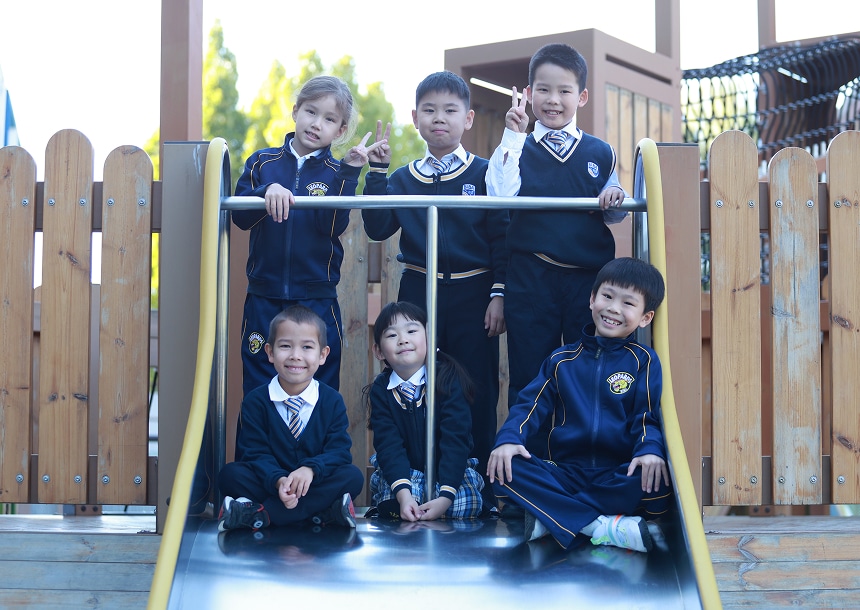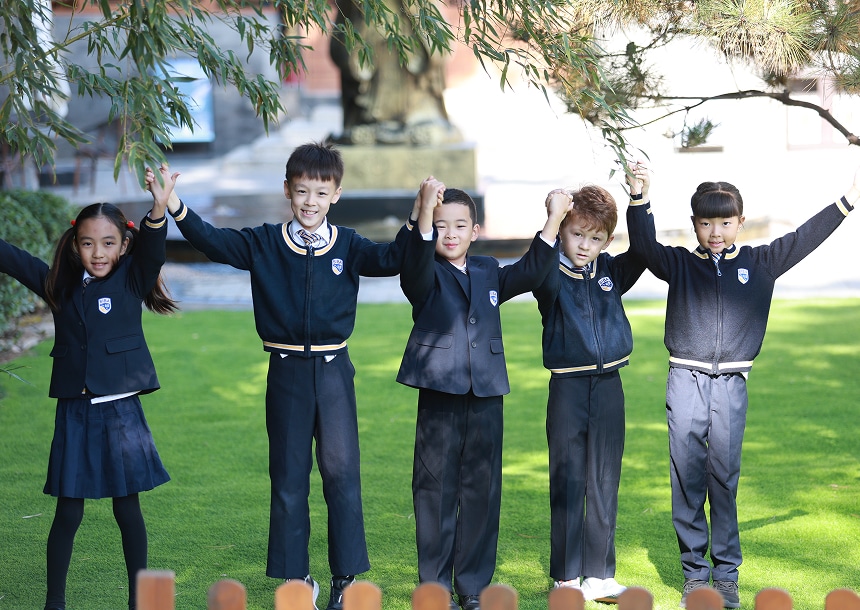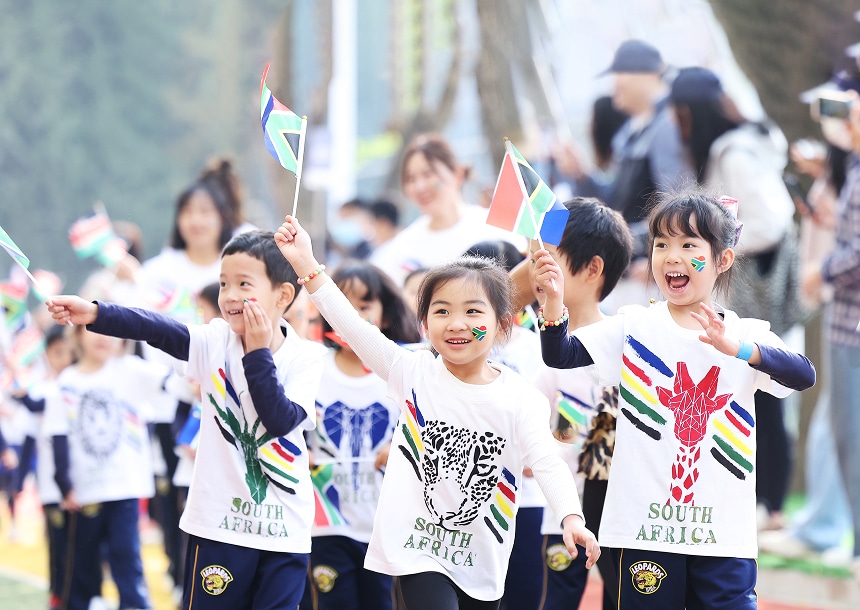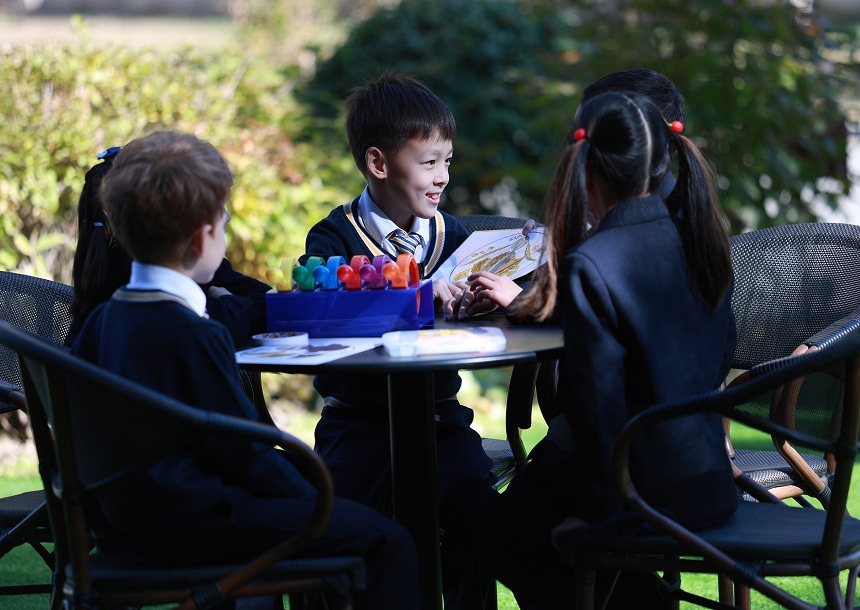- Welcome
- Curriculum Overview
- Curriculum Framework
- IB-PYP
- Global Perspective
- Introduction to SDGs
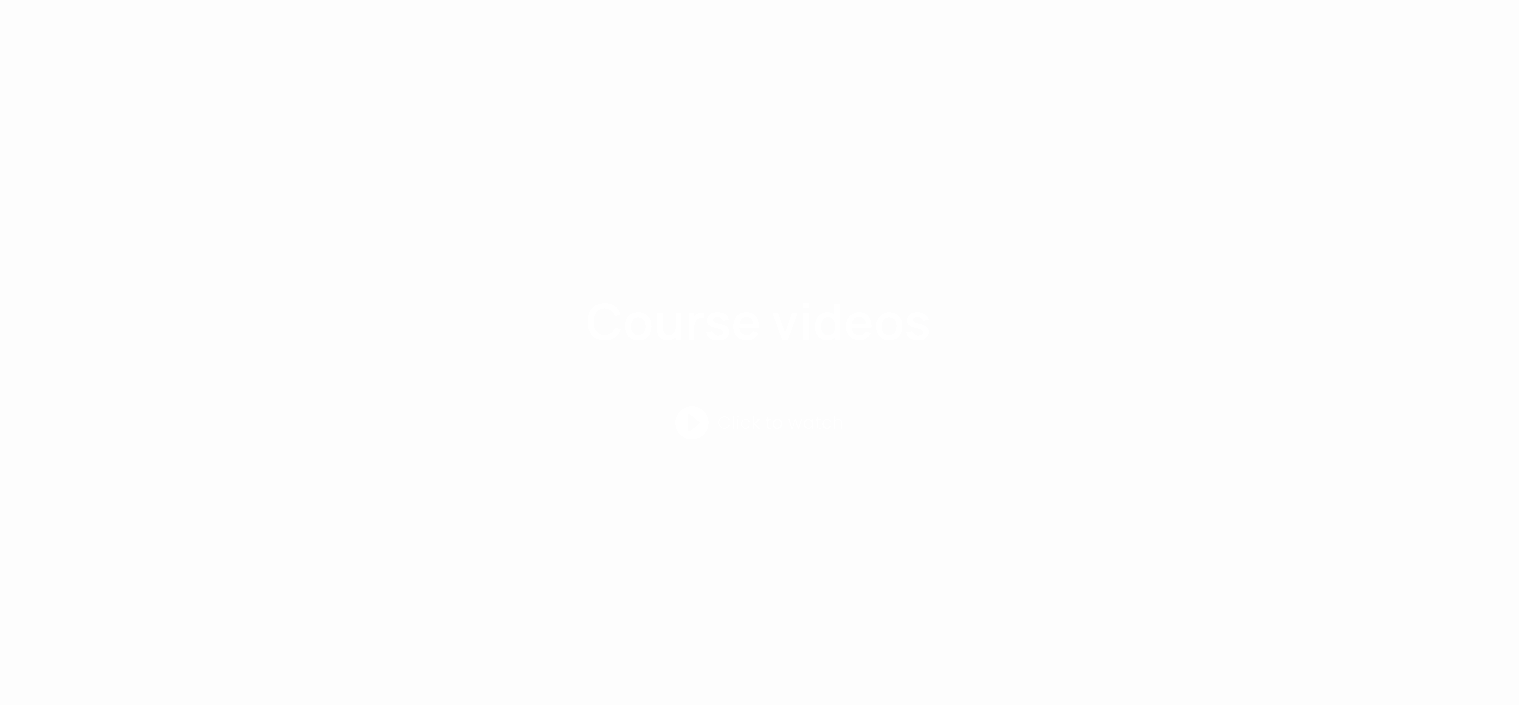
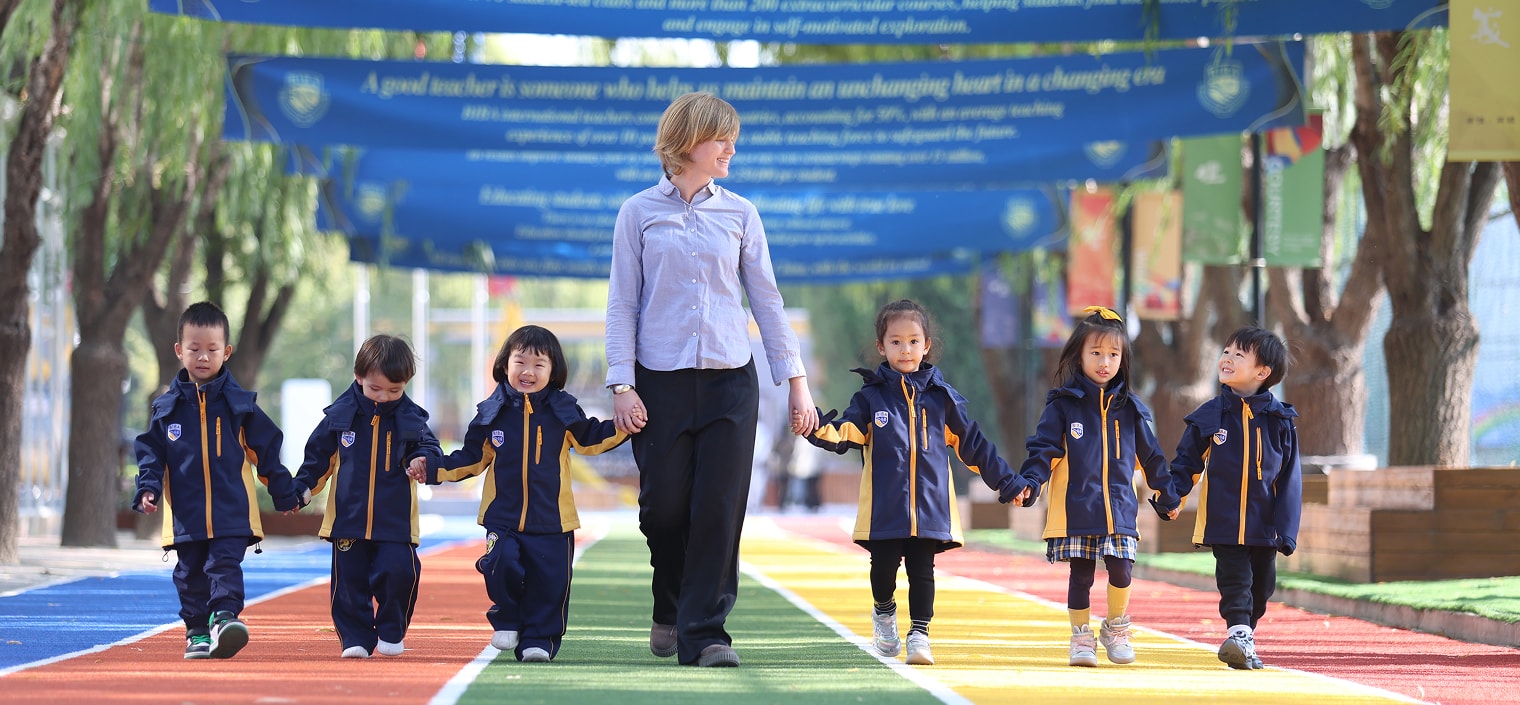
Course videos
Curriculum Overview
At BIBA Kindergarten, we deeply respect each child's individual learning rhythm and interests. By seamlessly integrating play-based learning with personalized guidance, we support and nurture the whole child. Our classrooms are intentionally designed with rich, open-ended materials that inspire hands-on exploration, collaborative inquiry, and reflective expression—encouraging children to actively construct their own understanding of the world.
Teachers serve as both guides and co-learners, accompanying each child throughout their developmental journey. We are committed to fostering growth across social, emotional, cognitive, and ethical domains.
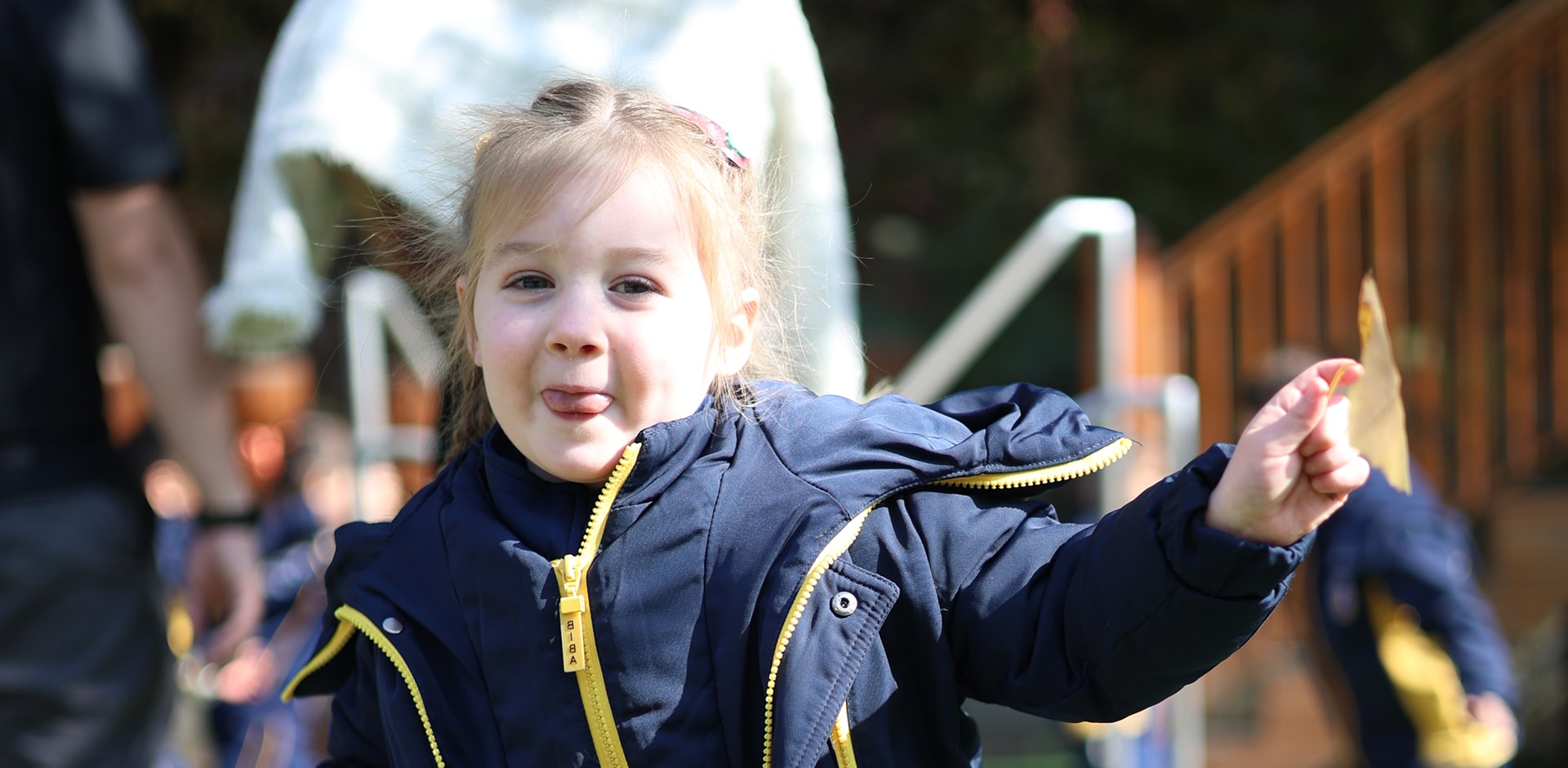
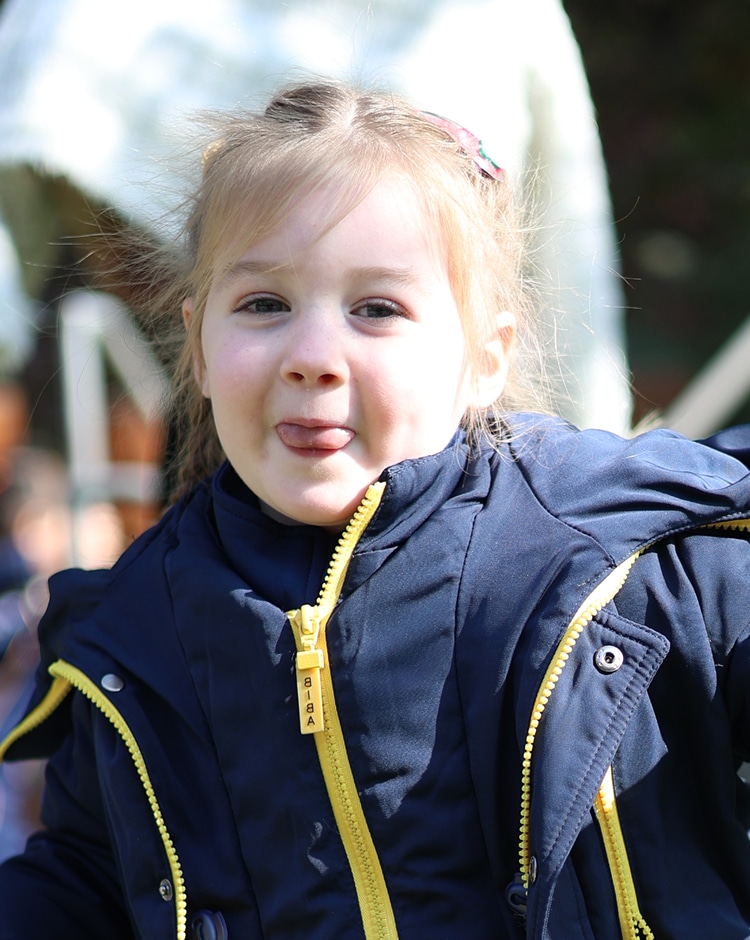
Bilingual Education
At BIBA, we implement a fully immersive bilingual model where Chinese and English coexist naturally throughout each day. Every classroom is led by both a native Chinese and a native English-speaking teacher, who work in close partnership to create a dynamic language environment. Through stories, music, drama, and project-based activities, we stimulate authentic communication in both languages—not only in structured lessons, but also in daily interactions.
We believe bilingualism is more than a skill—it is a bridge between cultures and ways of thinking. Our program emphasizes meaningful cultural integration, helping children naturally develop dual-language mindsets rooted in respect and understanding. This strong bilingual foundation ensures children are well-prepared—academically, socially, and emotionally—for a confident transition into primary school and beyond.
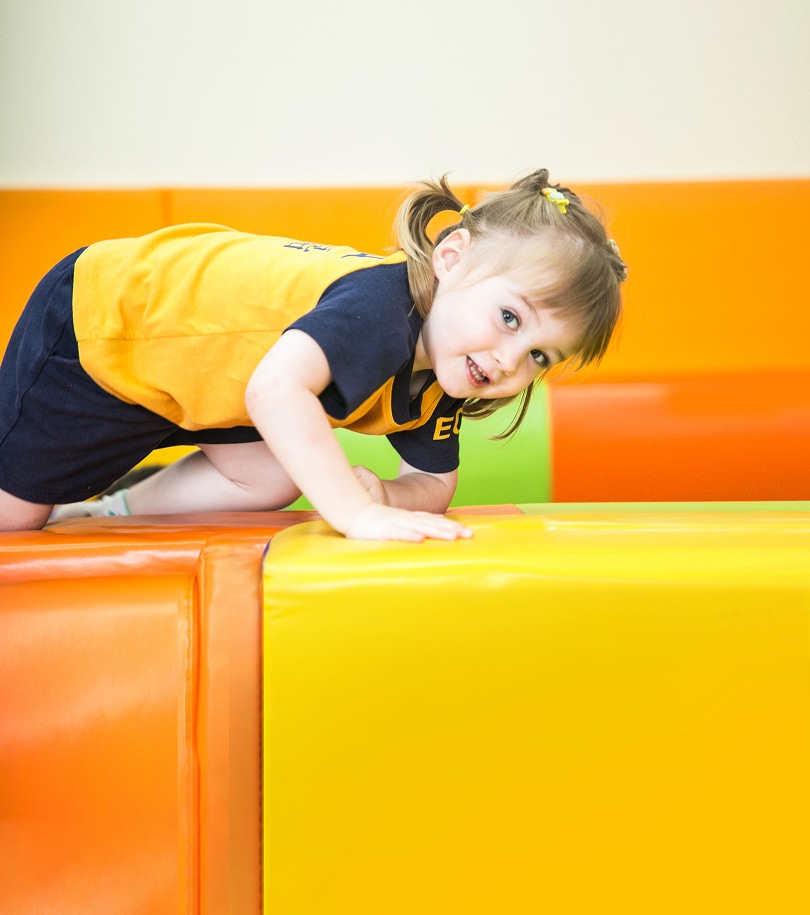
Whole-Child Development & Home-School Collaboration
We believe that a child’s growth blossoms through the warm partnership between home and school. Through twice-monthly parent workshops, individualized child portfolios, one-on-one parent-teacher meetings, and family project activities, we build trusting, open, and sustained relationships with every family. Teachers carefully observe and document each child’s progress, providing comprehensive developmental reports each semester to keep parents fully informed of their child’s growth across cognitive, social, emotional, and physical domains.
At BIBA, home-school collaboration is more than a philosophy—it is a mindful educational practice. We are committed to building a supportive learning community where parent workshops serve as a platform for sharing knowledge and aligning educational values. Together, we explore modern pedagogy, IB principles, and higher-order thinking, helping parents understand our educational choices and extend their child’s learning at home. You are not only a companion but an essential partner in this educational journey.
We also place high importance on children’s physical and emotional well-being. Our school offers nutritionally balanced meals designed by professional nutritionists and prepared fresh daily. A robust health and safety management system—including regular sanitization, an on-campus nurse, and well-prepared emergency protocols—ensures a secure and caring environment where every child can thrive.
At BIBA, we walk hand-in-hand with families. We focus not only on academic success, but on the heart of growth itself.
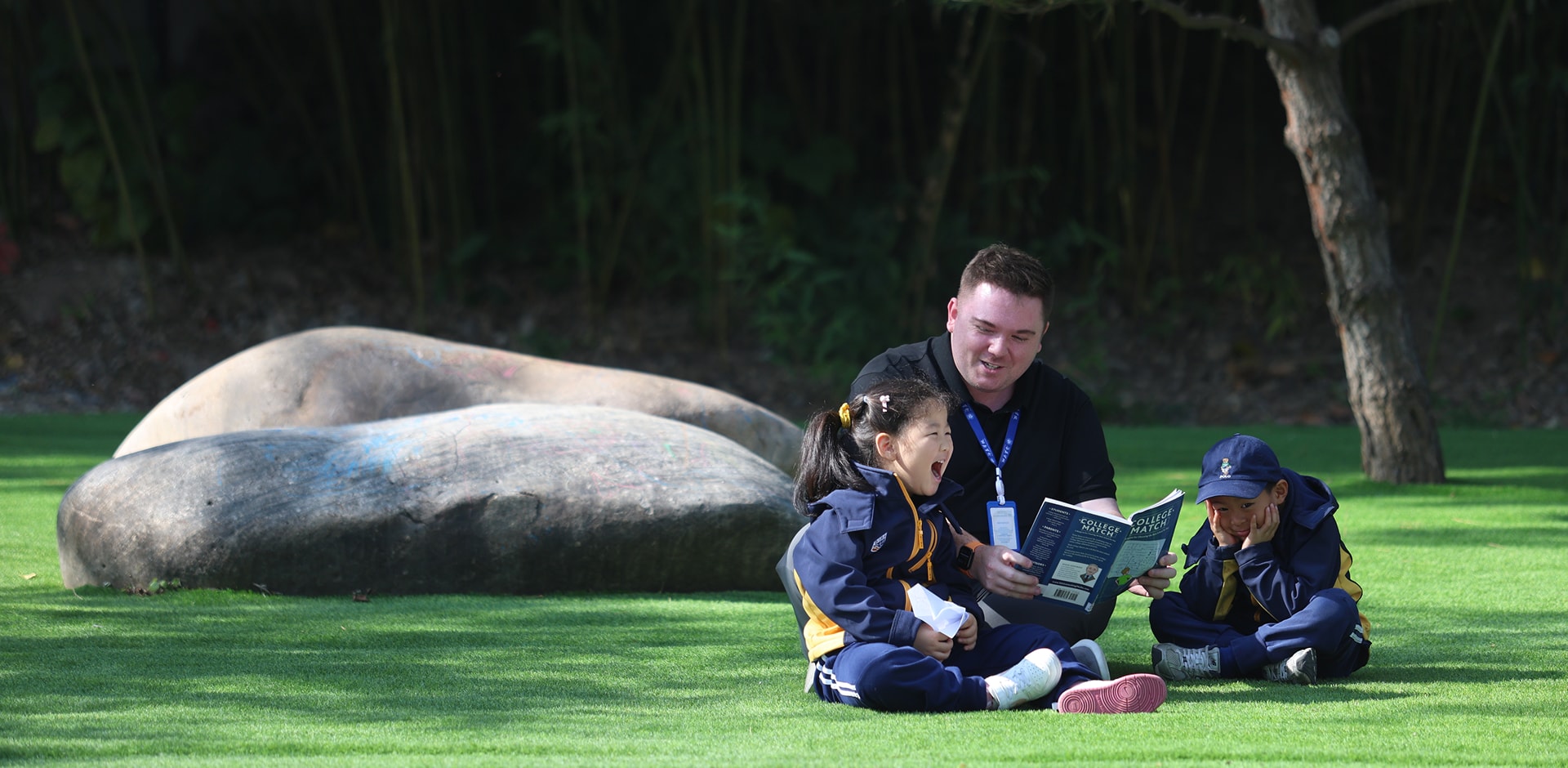
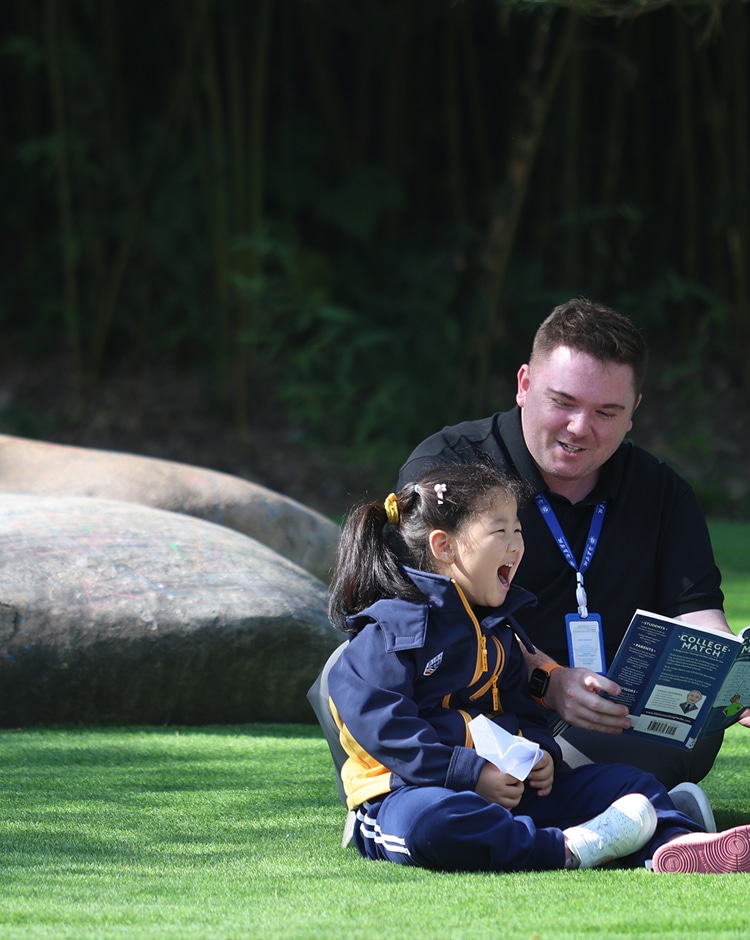
Curriculum Framework
The curriculum is structured around the six transdisciplinary themes of the IB PYP framework, which guide each semester’s units of inquiry and help children make meaningful connections within real-world contexts:
At the same time, we incorporate key Montessori principles—such as independence, self-directed activity, and sensory learning—into the IB inquiry model. This thoughtful integration creates a learning environment that is both structured and open, where children flourish not only as students, but as capable, compassionate, and engaged members of a community.
-
Building a Strong Foundation for Future IB Learning
We respect and nurture children's innate abilities to inquire—through questioning, observing, and hands-on exploration—and to reflect—by revisiting experiences and adapting their ideas. These core capacities help lay the groundwork for them to become active, lifelong learners.
Through play-based inquiry, cross-cultural experiences, and the cultivation of a growth mindset, we support children in developing essential learner attributes: sustaining curiosity, building critical thinking, and practicing collaboration. We also place strong emphasis on both fundamental motor skills and fine motor development. Targeted activities are designed to systematically strengthen hand-eye coordination, pencil grip, and control—providing a solid foundation for future writing and reading readiness.
Our teaching team possesses a deep understanding of IB pedagogy, ensuring that early learning experiences align seamlessly with future academic expectations. Throughout the transition to primary education, we provide ongoing assessment and personalized support to guide each child toward a smooth and confident progression—cognitively, socially, and emotionally.
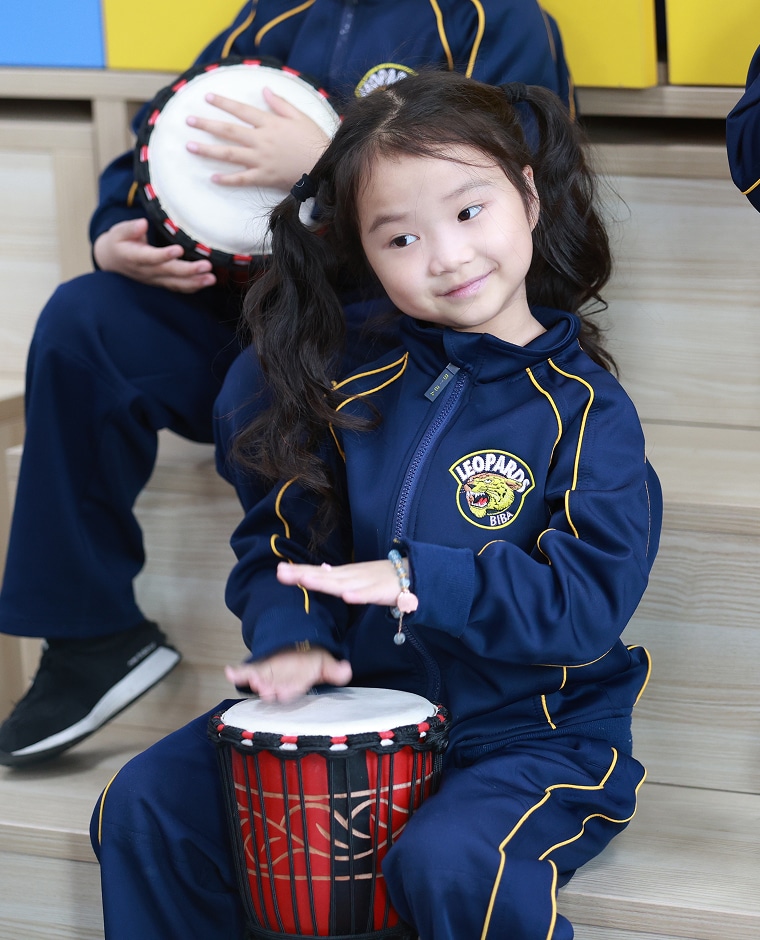
Global Perspectives & Sustainability Education
As a UN-certified school for Sustainable Development Goals (SDGs) education, we integrate all 17 global goals into daily learning. From recycling and community service to understanding diverse cultures, children develop an early awareness of fairness,环保,and global citizenship through hands-on experiences. We cultivate empathy and responsibility, inspiring children to become active, engaged citizens of the world.
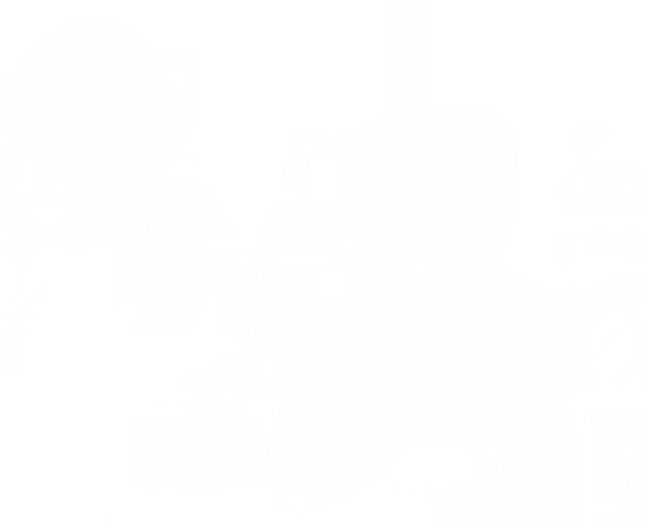
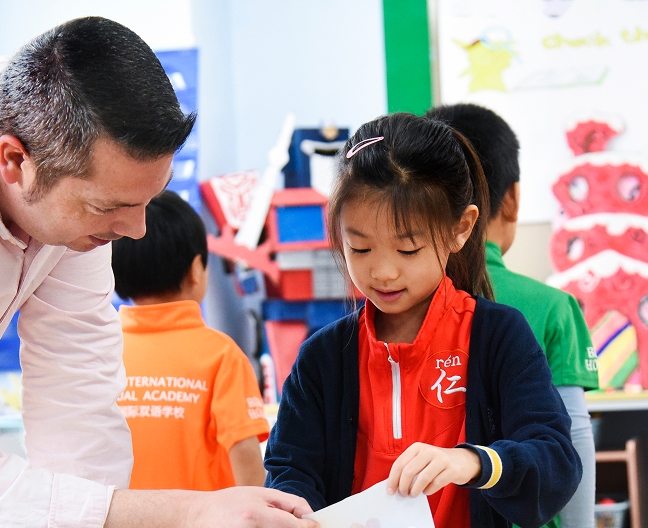
Age-appropriate engagement with the UN SDGs fosters responsibility and action. Although these goals are global, children learn through concrete daily experiences. Integrating the SDGs into our curriculum builds a strong foundation for empathy, responsibility, and environmental stewardship.






